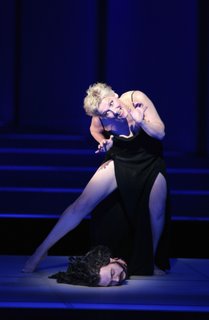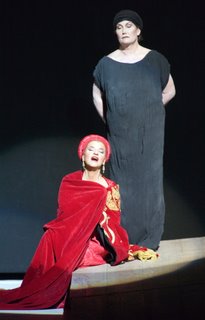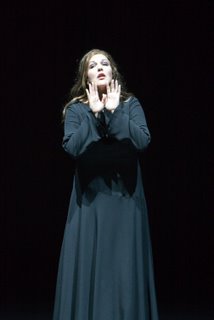The fifth and final report from Festival Bel Canto 2008 in Knowlton by Paul E. RobinsonIn a mere matter of months, three gifted idealists – Swiss-Quebec businessman
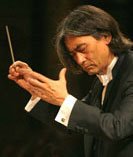
Marco Genoni, OSM (Montreal Symphony Orchestra) music director
Kent Nagano and Santa Cecilia National Academy director
Bruno Cagli – created a new music festival with international scope in one of the most unlikely of places –
Knowlton, Quebec – and carried it off with huge success!
Now that the applause has died away, the performers have gone home and the
chapiteau (tent) has been folded and put away, it is time to take stock of what was accomplished and to consider what the future might hold.
Festival's Major Events Drew Larger than Expected AudiencesThe day after the festival, I sat down for a chat over a cup of cappuccino with festival founder
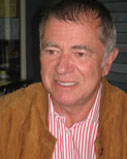
Marco Genoni. While he was obviously still basking in the glow of success, Genoni was already hard at work analyzing what took place and planning next year's festival. He could look back with pride on the fact that all the major events were virtually sold out, that the artistic standard met or surpassed expectations and, not least of all, that there was no significant rainfall during the festival. Although advance publicity advertised a tent seating 600, for some events there were as many as 817 people in attendance.
Time and Talent of Local Volunteers Much AppreciatedOn the negative side there were rumblings that local residents were dismayed by the high prices, couldn’t get tickets or couldn’t relate to the unfamiliar musical fare. As a reaction to some of the criticism, Genoni announced during the festival that as a way of “giving something back to the community” the OSM would give a free concert in Lion’s Park in Knowlton on Labour Day weekend. Unfortunately, it turned out that this free concert would not take place after all. The problem was that the concert would have been in direct conflict with the annual
Brome Fair, a major local event. In addition, the local volunteers who worked so hard and so well for Festival Bel Canto could not handle another major event so soon. As Genoni put it, “it was a mistake made with goodwill in mind.”
Bel Canto and the Santa Cecilia Connection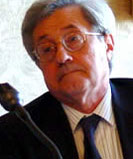
As Genoni, Nagano and Cagli look to the future they must try to clarify the mission of the festival. Given the origin of this year’s festival as a collaboration between the OSM and the
Santa Cecilia National Academy in Rome, the
bel canto feature is important. Or perhaps it is less
bel canto than Italian singing that is important. Most music-lovers can surely relate to a celebration of Italian singing and vocal music in the broader sense, but even that repertoire can be very limiting. I suspect the festival would have greater appeal if it could include symphonic repertoire and instrumental concertos.
Clearly, Genoni and his colleagues realize on the one hand that a concert featuring pop singer Gino Vanelli hardly fits any meaningful definition of
bel canto; on the other hand, any festival devoted solely to
bel canto will probably appeal largely to connoisseurs.
The Santa Cecilia connection is a good one and provides an interesting training component. Each year the festival will feature international singers but also some newcomers who can benefit from working with the stars. Knowlton will also have the opportunity to see some outstanding young singers before they become well-known.
I like the concept of a festival with a
bel canto focus. Nagano and the OSM will enjoy their annual immersion in this repertoire, and I believe they will attract an audience for it. At the same time it may not be wise to limit the festival to a single theme.
Even Mozart’s huge repertoire has been found too limiting by some international festival organizers to carry an annual festival on its own. The founders of Festival Bel Canto may find that they too need to broaden their concept beyond
bel canto style. Broadening it enough to include pop singer Gino Vannelli may, however, be going too far.
I would suggest rather broadening the musical scope to include non-vocal fare. After all, the OSM, one of the stars of this festival, is a world-class orchestra and most of the
bel canto repertoire for orchestra is very limiting. It is interesting for them to work on the style but there are no great
bel canto symphonies or concertos.
Bel canto describes a certain period in the history of Italian opera and it was a period in which the orchestra was largely limited to an accompanying role.
If the facility in Knowlton is to be limited to less than 1,000 seats, the size of the orchestra may have to be limited too as it was this year, to something around 50 players. This means the OSM cannot do Berlioz, Mahler or Tchaikovsky but they can do Mozart, Beethoven and Mendelssohn. I am sure Nagano can come up with plenty of interesting programmes with this broader repertoire base.
The challenge then, is to market the festival in future as featuring
bel canto but definitely not limited to it. The
bel canto “plus” programming should attract not only fans of
bel canto who will soon discover what wonderful work Nagano and Cagli are doing in Knowlton, but also customers with a more general love of classical music.
Addressing the Question of Acoustics Another question mark is the performing facility itself. The tent used this year was expensive and not well-suited to classical music. The acoustics were only fair at best. According to Genoni, festival organizers would like to keep the size of the facility to less than 1,000 seats to simulate the experience of a small Italian opera house. Next year, he said, in addition to the refinements planned for the tent, the OSM will bring to Knowlton the portable shell which has served it well in its regular concerts in the parks in and around Montreal.
Where Have all the Critics Gone?Overall marketing of this new festival’s debut was certainly not what it should have been. As far as I know, there were no critics from New York, London or Toronto and even coverage in Montreal was far less than the festival deserved. I suspect that this was one of those organizational aspects that failed to get enough attention due to the festival’s somewhat impetuous launch.
Festival Bel Canto Richly Supported by Knowlton CommunityFinally, how does one answer those critics who say that Quebec or Canada already has enough festivals and that the money is spread too thin already? While very little taxpayer money went directly to the festival this year, festival organizers will soon be drawing up their grant applications for future years. If they can enrich the community, attract audiences and do a better job than competing organizations then they can claim legitimacy. It is early yet, after only one festival, to make firm pronouncements, but Genoni, Nagano, Cagli and their colleagues have at least earned the right to continue the realization of their dream.
Paul E. Robinson is the author of
Herbert von Karajan: the Conductor as Superstar, and
Sir Georg Solti: his Life and Music. For more on Paul E. Robinson please visit his website at
http://www.theartoftheconductor.com/.
Labels: Festivals, Montreal



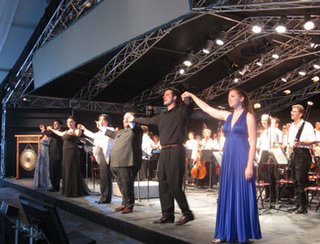
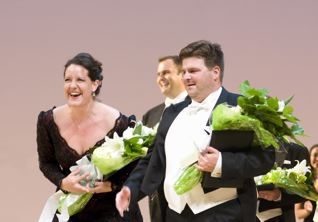


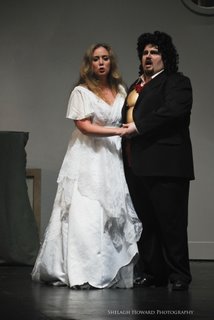
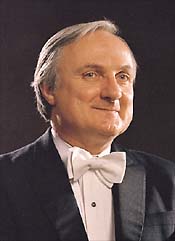
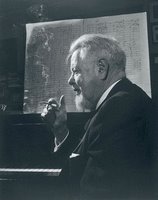



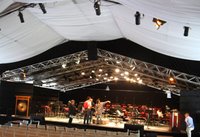
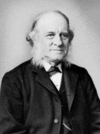
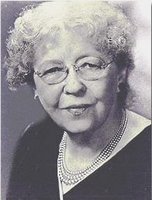 Wikipedia
Wikipedia